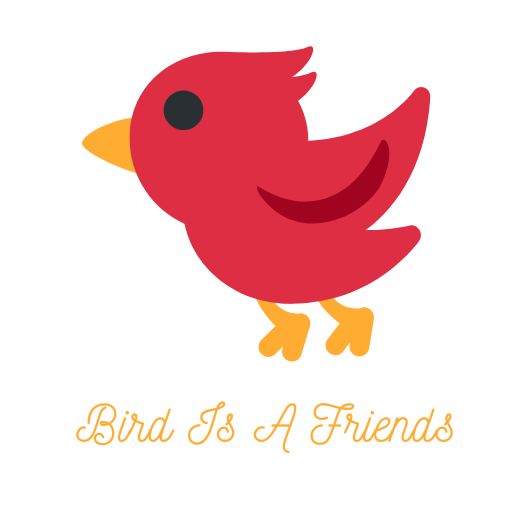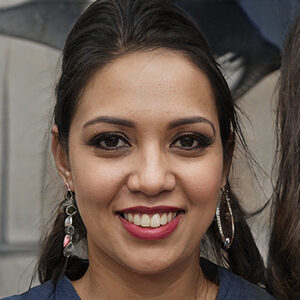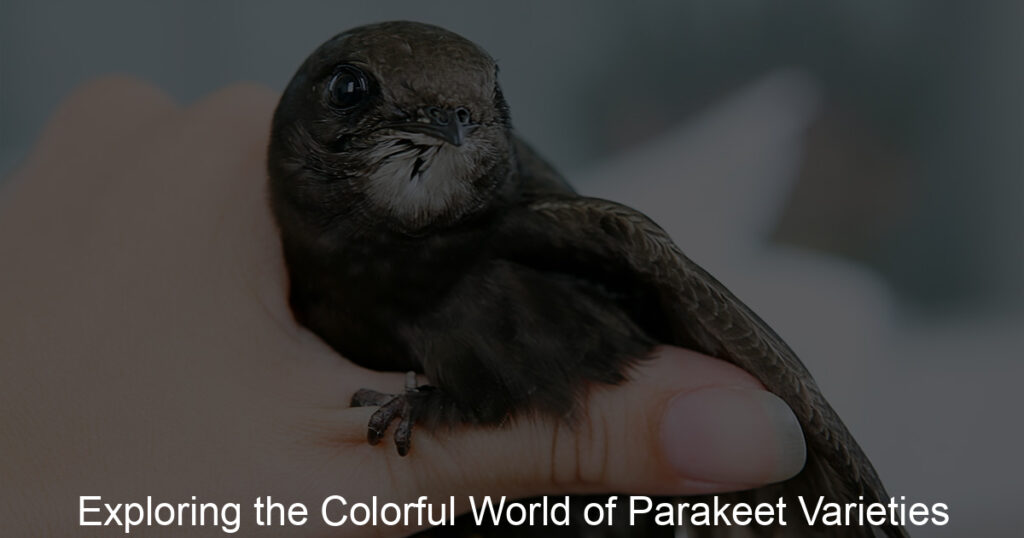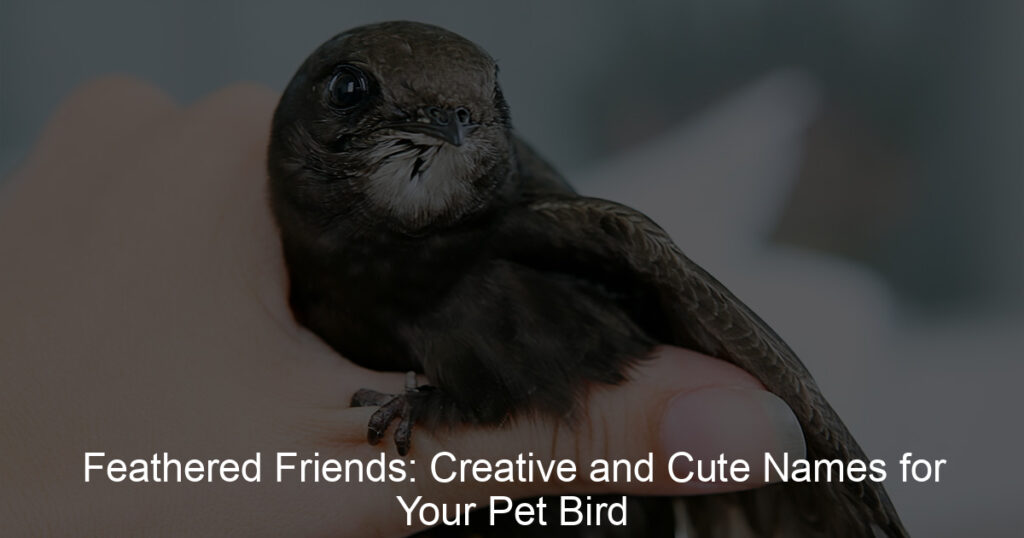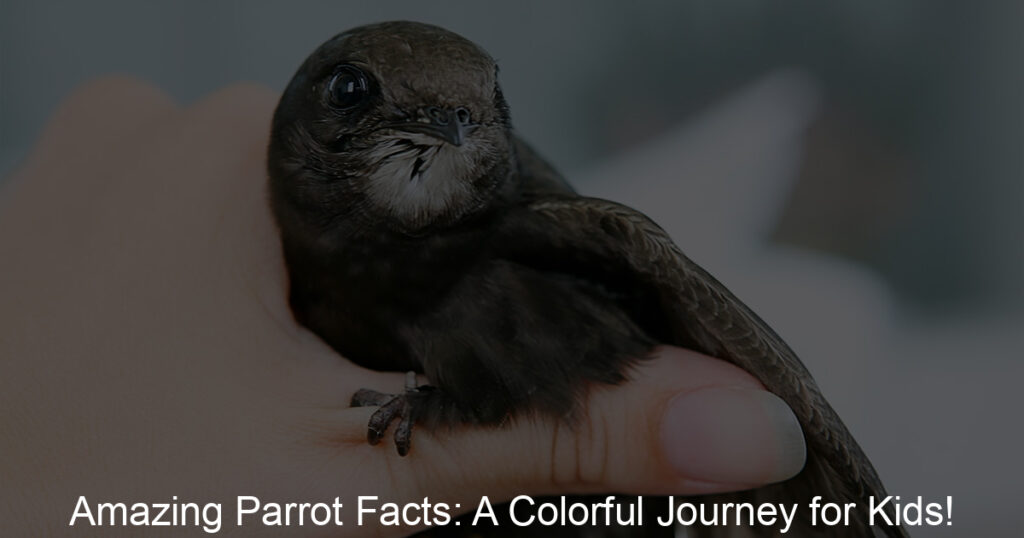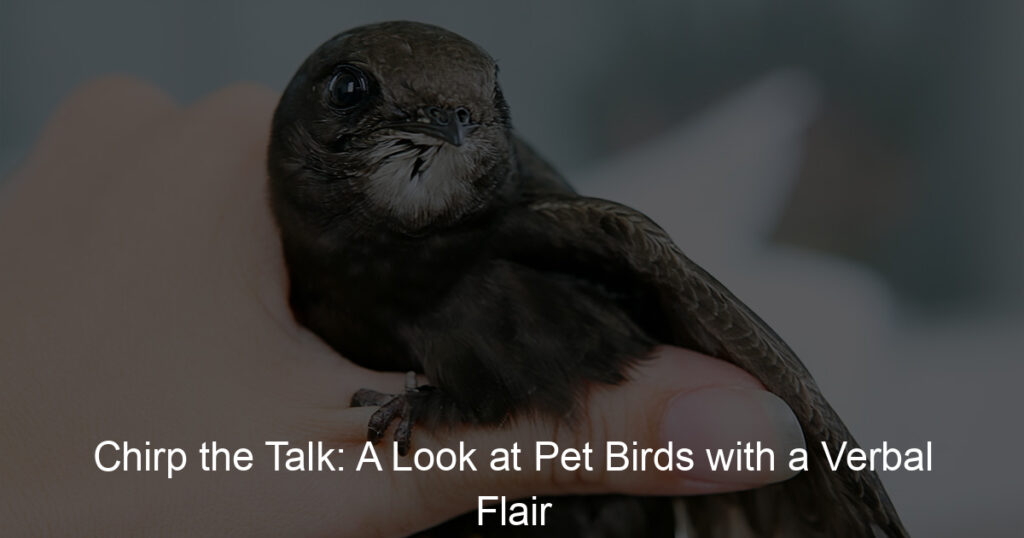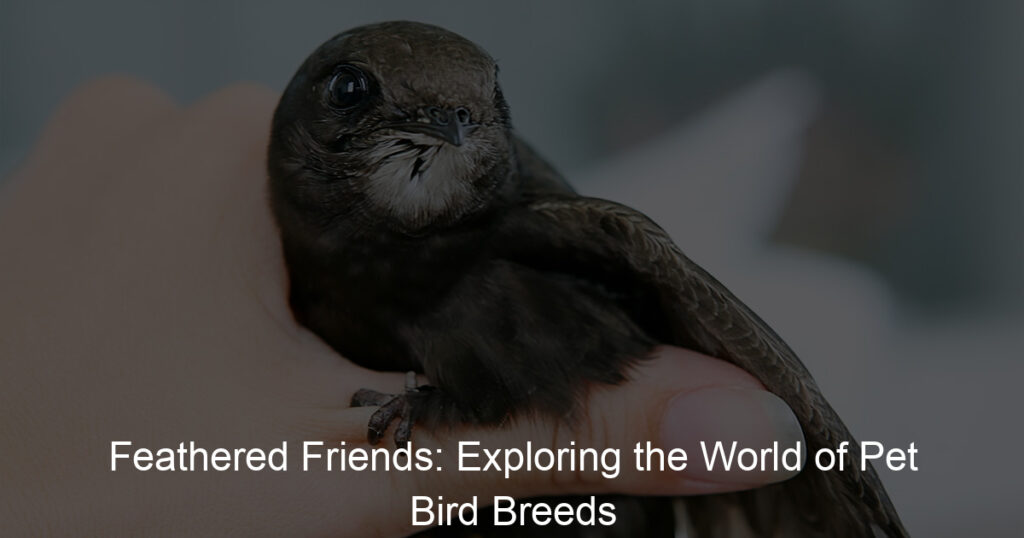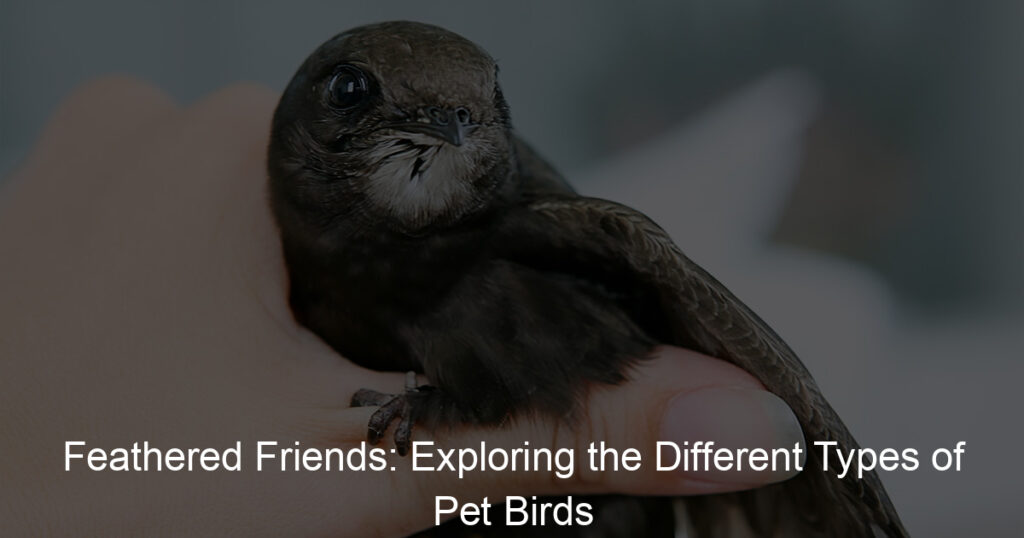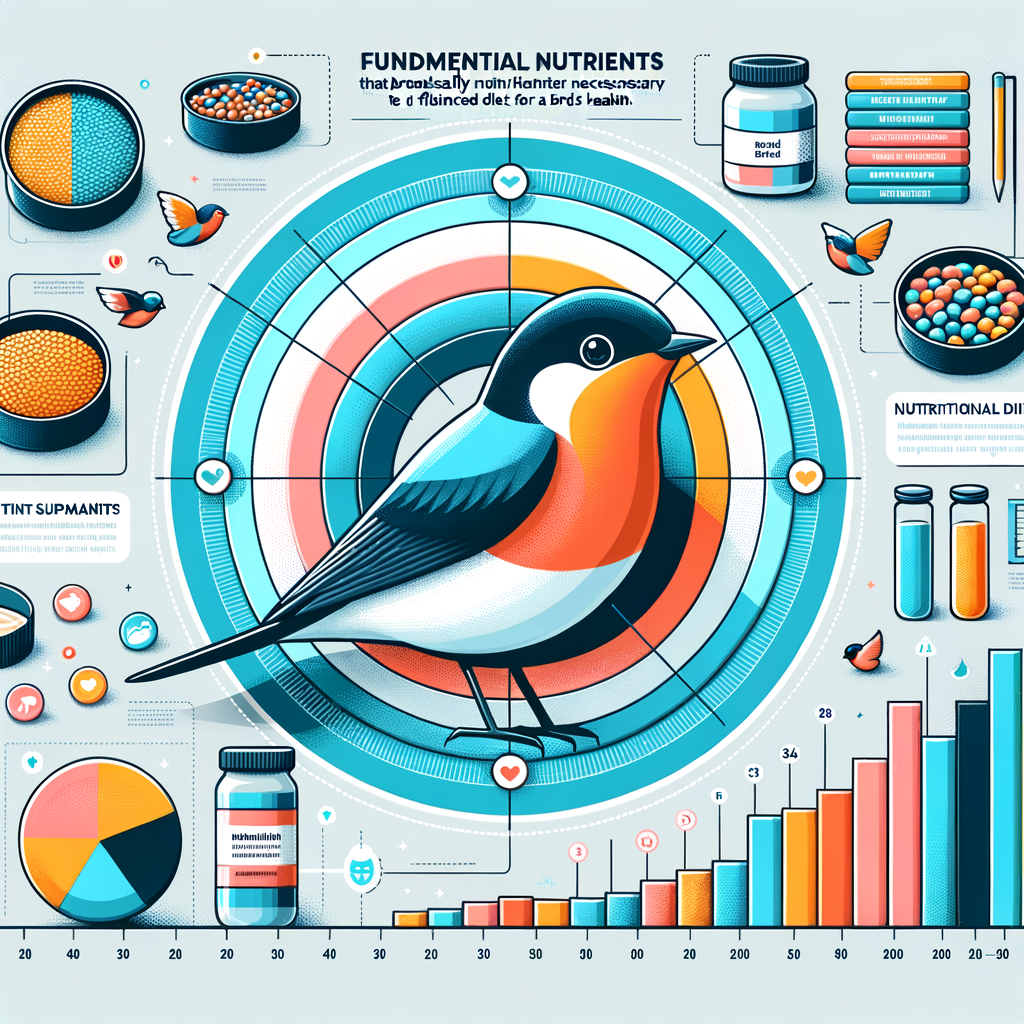
Introduction to Bird Nutrition
Just like humans, birds also need a balanced diet to stay healthy and active. The diet of a bird can greatly influence its lifespan, mood, and overall well-being. In this section, we will delve into the importance of a balanced bird diet and debunk some common misconceptions about bird diet requirements.
- Understanding the Importance of a Balanced Bird Diet
Feeding your bird a balanced diet is crucial for its health. A balanced diet for birds typically includes a variety of foods, such as seeds, fruits, vegetables, and proteins. This ensures they receive all the necessary nutrients they need to thrive.
Without a balanced diet, birds can suffer from malnutrition, which can lead to a variety of health problems. For instance, a diet lacking in vitamin A can cause respiratory issues, while a lack of calcium can lead to weak bones. Therefore, it’s important to provide your bird with a variety of foods to ensure they’re getting all the nutrients they need.
- Common Misconceptions About Bird Diet Requirements
There are several misconceptions about bird diet requirements that can harm your bird’s health if believed. Here are a few:
- Birds only eat seeds: While seeds are an important part of a bird’s diet, they should not be the only food source. Birds also need fruits, vegetables, and proteins to get all the nutrients they need.
- All birds eat the same food: Different bird species have different dietary needs. For example, parrots need a diet rich in fruits and vegetables, while canaries need a diet primarily of seeds.
- Birds don’t need water: Birds, like all living creatures, need water to survive. Always ensure your bird has fresh, clean water available.
Understanding the truth behind these misconceptions can help you provide the best care for your bird and ensure they live a long, healthy life.
Nutritional Needs of Birds
Understanding the nutritional needs of birds is crucial for their overall health and well-being. Birds require a balanced diet that includes a variety of essential nutrients. Let’s delve into the key nutrients that are vital for birds.
Essential Nutrients for Birds
Just like humans, birds need a balanced diet to stay healthy. This includes proteins, carbohydrates, fats, vitamins, and minerals. Each of these nutrients plays a unique role in a bird’s body and contributes to its overall health.
- Proteins and their importance in bird health and nutrition
- Carbohydrates and their role in bird energy levels
- Fats as a crucial part of a bird’s diet
- Vitamins and minerals: the micro-nutrients essential for bird health
Proteins are the building blocks of life. They help in the growth and repair of body tissues. Birds need proteins to grow feathers, build muscles, and repair any damage to their bodies. A diet rich in proteins can help birds stay healthy and active. For example, seeds, insects, and worms are excellent sources of proteins for birds.
Carbohydrates provide energy for birds. They are the primary source of fuel for a bird’s daily activities. Birds need carbohydrates to fly, forage for food, and perform other activities. Foods like grains, fruits, and vegetables are rich in carbohydrates and can help maintain a bird’s energy levels.
Fats are a concentrated source of energy for birds. They help birds stay warm, especially during the cold winter months. Fats also aid in the absorption of certain vitamins. Foods like nuts and seeds are high in fats and can be included in a bird’s diet.
Vitamins and minerals are essential for various bodily functions in birds. They help in the formation of bones, feathers, and beaks. They also support the bird’s immune system, helping them fight off diseases. Foods like fruits, vegetables, and seeds are rich in vitamins and minerals.
In conclusion, a balanced diet that includes proteins, carbohydrates, fats, vitamins, and minerals is essential for a bird’s health. It’s important to provide a variety of foods to ensure that your bird gets all the nutrients it needs.
Water: An Overlooked Aspect of Bird Nutrition
When it comes to bird nutrition, we often focus on food, forgetting that water is just as essential. Water plays a significant role in a bird’s health and wellbeing. Let’s delve into the importance of water and how to ensure your bird is getting enough of it.
- The Importance of Clean, Fresh Water for Birds
- How to Ensure Your Bird is Getting Enough Water
- Provide fresh water daily: Change your bird’s water every day to keep it fresh and clean. Birds are less likely to drink stale or dirty water.
- Use a clean water dish: Clean the water dish regularly to prevent the growth of bacteria and algae.
- Monitor your bird’s water intake: Pay attention to how much water your bird is drinking. If it’s drinking less than usual, it could be a sign of illness.
Just like humans, birds need clean, fresh water to stay healthy. Water helps birds digest their food, regulate their body temperature, and even aids in feather grooming. It’s not just about quenching their thirst; it’s about maintaining their overall health.
Did you know that a bird can lose all its body fat and half its protein and still survive, but a loss of only 10-20% of its body water can be fatal? This fact underscores the importance of water in a bird’s diet.
Ensuring your bird gets enough water is not complicated. Here are some simple steps you can follow:
In conclusion, water is a crucial part of bird nutrition that should never be overlooked. By providing clean, fresh water and monitoring your bird’s water intake, you can help ensure your feathered friend stays healthy and happy.
Creating a Balanced Bird Diet
When it comes to feeding your feathered friends, it’s essential to provide a balanced diet that meets their nutritional needs. A balanced diet for birds includes a mix of seeds, fruits, vegetables, and pellets. Let’s delve into these food choices:
Healthy Bird Food Choices
- Seeds: A staple in the bird diet
Seeds are a fundamental part of a bird’s diet. They provide essential fats and proteins that birds need for energy and growth. However, not all seeds are created equal. Sunflower seeds, for instance, are high in fat and should be given in moderation. On the other hand, millet and canary seeds are healthier choices.
- Fruits and vegetables: Adding variety and nutrients
Fruits and vegetables add variety to a bird’s diet and provide essential vitamins and minerals. Apples, bananas, and berries are excellent fruit choices. For vegetables, consider broccoli, carrots, and peas. Remember to wash all fruits and vegetables thoroughly before feeding them to your bird to remove any pesticides.
- Pellets: A convenient and balanced food option
Pellets are a convenient food option for birds. They are specially formulated to provide a balanced mix of nutrients. Pellets come in different sizes and flavors, so you can find one that your bird likes. However, pellets should not make up the entire diet. They should be combined with seeds, fruits, and vegetables for a balanced diet.
In conclusion, a balanced bird diet consists of a mix of seeds, fruits, vegetables, and pellets. By providing a variety of these foods, you can ensure your bird gets all the nutrients it needs for a healthy and happy life.
Food to Avoid in a Bird’s Diet
Just as there are foods that are beneficial for birds, there are also foods that can be harmful. It’s important to know what to avoid when feeding your feathered friends.
- Common human foods that are harmful to birds
- Why a bird should not be fed an all-seed diet
While it might be tempting to share your dinner with your bird, many common human foods can be harmful, or even deadly, to birds. For example, avocados, chocolate, and onions are all toxic to birds. Even foods that are healthy for humans, like milk and cheese, can be difficult for birds to digest. It’s always best to stick to bird-safe foods.
Seeds are a common food for birds, but an all-seed diet is not healthy. Seeds are high in fat and lack many of the essential nutrients that birds need. Birds that are fed an all-seed diet can develop health problems like obesity and malnutrition. Instead, a balanced diet of seeds, fruits, vegetables, and bird-safe pellets is recommended.
Remember, every bird is unique and may have specific dietary needs. Always consult with a vet or a bird nutrition expert to ensure your bird is getting a balanced and healthy diet.
Bird Feeding Guide
Feeding birds can be a rewarding experience, but it’s important to understand their dietary needs and feeding behaviors. This guide will provide you with the necessary information to ensure your feathered friends are well-fed and healthy.
Feeding Schedule for Birds
When it comes to feeding birds, timing is crucial. Different types of birds have different feeding schedules. Let’s explore this in more detail.
- How often to feed different types of birds
- Understanding bird feeding behaviors and patterns
Feeding frequency varies among bird species. For instance, hummingbirds need to feed every 10 to 15 minutes due to their high metabolism, while larger birds like eagles only need to eat once a day. Songbirds typically feed in the early morning and late afternoon. It’s essential to research the specific feeding habits of the bird species you’re caring for.
Birds have unique feeding behaviors and patterns. Some birds, like sparrows and finches, prefer to eat seeds, while others, like robins and blackbirds, prefer insects and worms. Birds also have specific times when they prefer to eat. For example, many birds feed early in the morning and late in the afternoon. Understanding these behaviors can help you provide a more suitable feeding environment.
Remember, feeding birds is not just about providing food. It’s about understanding their needs and habits, and adjusting your feeding schedule accordingly. By doing so, you can ensure that your feathered friends stay healthy and happy.
Stay tuned for our next section on portion control in bird feeding, where we’ll discuss how much to feed your bird and how to prevent bird obesity with proper portion control.
Portion Control in Bird Feeding
Understanding how much to feed your bird and how to prevent bird obesity through proper portion control is crucial for your bird’s health. Let’s delve into these topics.
- How much to feed your bird
Feeding your bird isn’t as simple as filling up their food dish. The amount of food your bird needs depends on its species, size, age, and activity level. For example, a small parakeet may only need about 1-2 tablespoons of birdseed per day, while a larger parrot might require up to 1/4 cup.
It’s essential to consult with a vet or a bird nutrition expert to determine the right amount of food for your bird. Remember, overfeeding can lead to obesity and other health issues.
- Preventing bird obesity with proper portion control
Just like humans, birds can become obese if they eat too much or consume the wrong types of food. Obesity in birds can lead to serious health problems like heart disease, diabetes, and arthritis. Therefore, portion control is vital.
One way to prevent bird obesity is by measuring your bird’s food rather than free-feeding. Free-feeding, or leaving food in the cage all day, can lead to overeating. Instead, provide measured meals and remove any uneaten food after a couple of hours.
Another strategy is to offer a variety of foods. A diet of only seeds can lead to obesity and nutritional deficiencies. Instead, provide a balanced diet that includes fresh fruits, vegetables, and high-quality bird pellets.
Finally, ensure your bird gets plenty of exercises. Regular physical activity can help keep your bird’s weight in check and improve its overall health.
In conclusion, portion control in bird feeding is not just about how much you feed your bird, but also what and when you feed them. By understanding these principles, you can help ensure your bird stays healthy and happy.
Bird Food Supplements
Just like humans, birds also need a balanced diet to stay healthy. Sometimes, the food we give them might not have all the nutrients they need. That’s where bird food supplements come in. They help fill in the nutritional gaps.
- When and why to use bird food supplements
There are times when your bird might need a little extra help with their diet. This could be due to illness, stress, or changes in their environment. In such cases, bird food supplements can be very helpful.
For example, if your bird is molting, they might need extra protein to help grow new feathers. Or if they’re not getting enough sunlight, they might need a vitamin D supplement. Remember, always consult with a vet before starting any new supplement regimen.
- Choosing the right supplements for your bird
Choosing the right supplement for your bird can be a bit tricky. It depends on their species, age, health condition, and diet. Here are some tips to help you make the right choice:
- Know your bird’s needs: Different species have different nutritional needs. For example, parrots need more vitamin A, while canaries need more calcium. Research your bird’s species to understand their needs.
- Check the ingredients: Always check the ingredients of the supplement. Make sure it doesn’t contain anything harmful like artificial colors or preservatives.
- Consult with a vet: It’s always a good idea to consult with a vet before starting any new supplement. They can help you choose the right one based on your bird’s health condition.
In conclusion, bird food supplements can be a great way to ensure your feathered friend gets all the nutrients they need. However, they should not replace a balanced diet. Always aim to provide a variety of foods to your bird and use supplements as a helping hand when needed.
Conclusion: Ensuring a Proper Diet for Birds
As we conclude, it’s important to recap the essential points we’ve discussed about bird health and nutrition. Ensuring a proper diet for your feathered friend is not only about providing food but also about making sure that the food is balanced and nutritious.
- Recap of bird health and nutrition essentials
Firstly, we learned that birds, just like other pets, have specific nutritional needs. They require a balanced diet that includes proteins, carbohydrates, fats, vitamins, and minerals. We also discovered that different bird species have different dietary requirements. For instance, parrots enjoy a diet rich in fruits and vegetables, while canaries need a diet rich in seeds.
Secondly, we discussed the importance of creating a balanced bird diet. This involves providing a variety of foods to ensure that your bird gets all the necessary nutrients. We also highlighted the importance of avoiding foods that can be harmful to birds, such as chocolate, avocado, and caffeine.
Thirdly, we provided a bird feeding guide that can help you understand how much and how often to feed your bird. We emphasized the importance of monitoring your bird’s weight and adjusting the feeding schedule as necessary.
Lastly, we touched on bird food supplements. While a balanced diet should provide all the necessary nutrients, some birds may require additional supplements, especially during breeding or molting seasons.
- Final tips for maintaining a balanced bird diet
As a final note, remember that maintaining a balanced bird diet requires consistency and observation. Keep a close eye on your bird’s eating habits and general health. If you notice any changes, it might be a sign that your bird’s diet needs adjustment.
Also, remember to provide fresh water for your bird daily. Hydration is as important as nutrition in maintaining your bird’s health.
Lastly, don’t forget to clean your bird’s feeding dishes regularly to prevent the growth of bacteria and fungi. A clean feeding environment is crucial for your bird’s health.
In conclusion, providing a proper diet for your bird is a responsibility that requires knowledge, patience, and care. But the reward of seeing your bird healthy and happy is worth all the effort.
